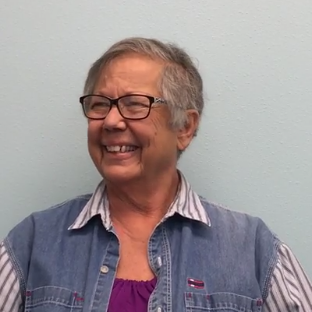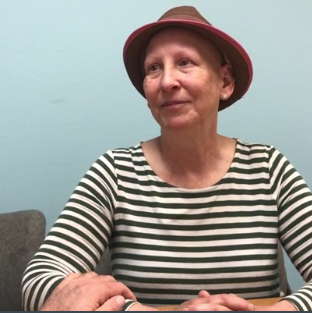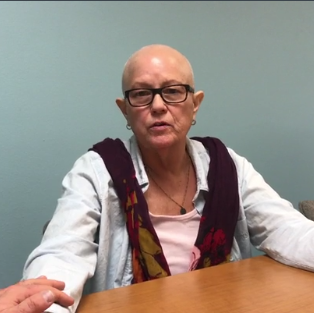April has been recognized in the US as National Cancer Control Month since 1938. This month’s goal is to raise awareness for cancer treatment and prevention – helping to catch cancer in its early stages and reduce its death toll.
This National Cancer Control Month, we want to help spread the word about cancer in young women and what we can do to prevent it or detect it in its early stages.
How Cancer Affects Younger Women
While age is a risk factor for many cancers, young people can still have a diagnosis. The types of cancer that develop in younger adults tend to be different from those seen in older people. Common cancer diagnoses among teenagers and young women include:
- Hodgkin and non-Hodgkin lymphoma
- Leukemia
- Thyroid cancer
- Brain tumors
- Breast cancer
- Cervical cancer
- Colorectal cancer
- Ovarian cancer
Because cancer is less common in young people and copays or insurance costs may be prohibitive, many young women may delay seeing a doctor or may take longer to be diagnosed. Regular check-ups with your physician and your gynecologist are highly recommended to screen for and diagnose cancer in its early stages. Know that there are financial options to make routine healthcare more accessible.
Gynecological Cancer and Young Women
Women of all ages are at risk for gynecologic cancers. However, the prevalence of gynecologic cancers in young women is rising. This is due in part to increases in obesity and HPV infection and improved screening and detection measures.
While the causes of cancer are complex, some types of cancer can be prevented. Cervical cancer is among these. Most cervical cancers are caused by certain strains of HPV (human papillomavirus), an STI. The HPV vaccine is a safe, effective option for preventing infection with HPV, reducing the risk of cancer. The vaccine is most effective in women who have not been exposed to HPV and is recommended from early adolescence up to age 26.
Regular pap smears can also detect cervical cancer in its very early stages. Paps are recommended every three years between the ages of 21-29 and every five years with an HPV co-test from the age of 30. A pelvic exam, usually performed concurrently, can also be a first step in detecting other gynecologic cancers.
Gynecologic Cancer: What to Look For
In addition to regular check-ups, young women should be aware of gynecologic cancer’s more common symptoms. These include:
- Abnormal vaginal bleeding or discharge
- Feeling full or bloated
- Pelvic pain or pressure
- Changes in urinary or bowel habits
- Abdominal or back pain
- Itching, burning, or tenderness of the vulva
- Changes to the skin of the vulva
If you are experiencing these symptoms, tell your doctor or gynecologist. In keeping with National Cancer Control Month’s goal, spread the word about the risks of gynecologic cancer in young women and how it can be screened for or prevented.
To book a routine check-up or discuss gynecologic cancer treatment, call Southwest Women’s Oncology and Health today.
TESTIMONIALS

“She made sure I understood everything. If I had questions after hours, I could always call her on her cell. I never felt like I was a burden. I know Dr. Finkelstein is here for me.”

“I was very impressed when I met Dr. Finkelstein. She was relatable. She has two young children and a career. I have two young children and a career.”

“They were very empathetic, very knowledgeable, very efficient and they are my friends today. I love them all. I come in here just to say hi to everybody and Dr. Finkelstein. I have complete and total trust in her and her abilities. Everything she has told me and done is just above board and I have complete faith in her.”

“I was so comforted and excited to have someone listen and hear what I had to say and actually supported me. I appreciated the balance immensely of true knowledge and willingness to be open to what I was finding in regard to alternative medicine.”

“I’m grateful that Karen came into my life. She has so much integrity and love for her patients and if you end up here you are in a good place.”
OUR MISSION
To help women triumph over their gynecologic and oncology needs in a warm and nurturing way.


